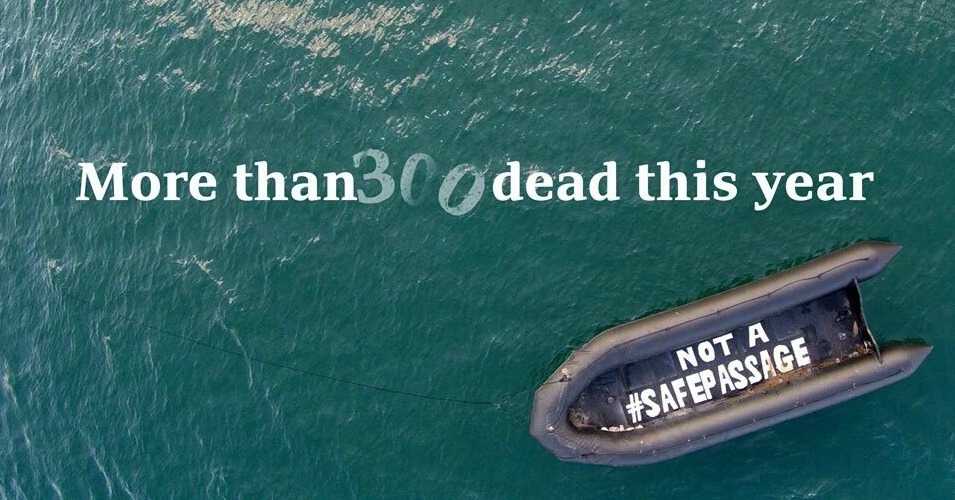
I’ve just had sight of the latest privatisation plan for Greece. It’s been issued by something called the Hellenic Republic Asset Development Fund – the vehicle supervised by the European institutions, which has been tasked with selling off an eye-watering €50 billion of Greece’s ‘valuable assets’.
The fund was a real sticking point because the European institutions wanted to move it to Luxembourg, where they could keep a better eye on it. Anyhow, it’s still in Athens, and this document, dated 30 July, details the goodies on sale to international investors who fancy buying up some of the country.
We’ve attached it to this blog to give a flavour of what’s up for grabs at the moment. Fourteen regional airports, flying into top tourist hubs, have already gone to a German company, but don’t panic because stock in Athens airport is still on the table, as well as Athens’ old airport which is up for a 99 year lease for redevelopment as a tourism and business centre.
Piraeus and Thessaloniki ports are up for sale – the former case has caused the chief executive to resign and industrial action has begun. A gas transmission system looks likely to be sold to the government of Azerbaijan, but there’s still a power and electricity company, the postal service, a transport utility which allows trains and buses to run, the country’s main telecommunications company, a 648 km motorway, and a significant holding in the leading oil refiner, which covers approximately two-thirds of the country’s refining capacity.
Holdings in Thessaloniki and Athens water are both on sale – though public protest has ensured that 50% plus 1 share remains in state hands. Nonetheless, the sale will mean that market logic will dictate the future of these water and sewerage monopolies. Finally there are pockets of land, including tourist and sports developments, throughout Greece.
A second document, also attached, details the short-term work programme of various government ministers, detailing actions they must take in order to add value to these assets. This includes introducing toll booths on roads to licensing casino rights to declaring sites of archaeological interest. The document begs the question as to why government ministers are even needed, it would surely be easier to cut them out of the equation altogether and let EU institutions directly administer the country.
Why does this matter? First because it makes no sense to sell off valuable assets in the middle of Europe’s worst depression in 70 years. Those industries could generate revenues to help the Greek government rebuild the economy. In fact, the vast majority of the funds raised will go back to the creditors in debt repayments, and to the recapitalisation of Greek banks.
So the privatisations aren’t to do with helping Greece. The beneficiaries are corporations from around the world, though eyebrows are particularly being raised at the number of European companies – from German airport operators and phone companies to French railways – who are getting their hands on Greece’s economy. Not to mention the European investment banks and legal firms who are making a fast buck along the way. The self-interest of European governments in forcing these policies on Greece leaves a particularly unpleasant flavour.
Most important is the inequality this will entrench in Greek society for decades to come. Of course the fact that the state currently holds these assets is no guarantee of democracy. Clientelism is rife in Greece. But the answer is transparency and democracy, just as German citizens are currently trying to take back energy companies into collective ownership because they see this as a prerequisite for fair pricing and supporting renewable energy.
What won’t help is flogging off monopolies to private corporations who have no interest in Greece’s people. Workers will be sacked and their conditions made worse, while the elite of Europe profits. Greece’s government will have lost the ability to make its society function in the interests of ordinary people.
But then, I suspect that’s the point.
This article was originally published at globaljustice.org.uk
About the author



![Billboard for António Costa, leader of the PS. Photo by El-Kelaa-des-Sraghna (Own work) [CC BY-SA 4.0], via Wikimedia Commons](http://occupyworldwrites.org/wp-content/uploads/2015/10/Cartel_campaña_2015_Portugal_-_PS.jpg)



![Alexis Tsipras at the Subversive Festival in Zagreb, 2013. Photo by Robert Crc (Subversive festival media) [FAL], via Wikimedia Commons](http://occupyworldwrites.org/wp-content/uploads/2015/08/Alexis_Tsipras_on_Subversive_Festival.jpg)



![Alexis Tsipras. Photo by Joanna (Flickr: Επίσκεψη Αλέξη Τσίπρα στην Κομοτηνή) [CC BY 2.0], via Wikimedia Commons](http://occupyworldwrites.org/wp-content/uploads/2015/06/Επίσκεψη_Αλέξη_Τσίπρα_στην_Κομοτηνή2.jpg)